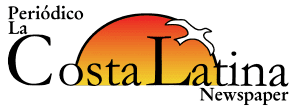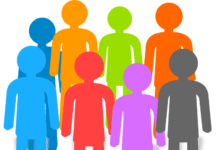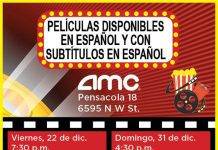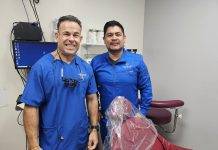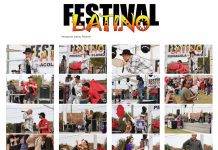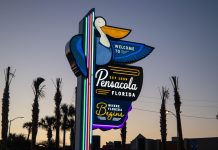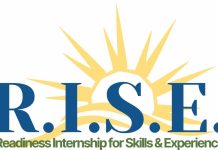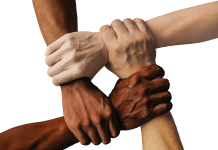Reciclaje ECUA Necesita Tu Ayuda Por Will Isern, [email protected]. Originalmente publicado en el Pensacola News Journal NORTHWEST FLORIDA—El noroeste de la Florida-Miles de libras de papel, plásticos y metales han comenzado a pasar a través de la nueva planta de reciclaje del Emerald Coast Utility Authority’s de $10.6 millones en el Perdido Landfill, pero también muchos residentes en el área de los tres condados están colocando la basura no reciclable en su contenedores de reciclaje, pone en peligro la planta de operaciones y seguridad de los trabajadores. Solamente el lunes, los trabajadores del Interim Materials Recycling Facility en Cantonment sacaron 50 jeringas de la línea de reciclaje. Trabajadores como William Gilmore usan guantes gruesos, ya que ordenar la línea rápida de los materiales de rápido proceso, pero sólo el potencial de lesiones preocupa al gerente de operaciones Marcos Buntjer. “Desde una perspectiva de seguridad, nos gustaría mucho sacar esos objetos de allí”, dijo Buntjer. Junto a las jeringas, los trabajadores extraen de la línea de reciclaje decenas de pañales, por lo menos un registro considerable y miles de bolsas de plástico, que muchos creen que se pueden reciclar, pero en realidad no pueden, dijo Buntjer. “Incluso estábamos recogiendo todas las bolsas de supermercado que pudimos, no me puedo imaginar que estaríamos recibiendo más de lo que ya recibimos”, dijo. Dichos elementos no son tan peligrosos para los trabajadores de las instalaciones, pero pueden estropear la operación de reciclaje y contaminar el producto final, lo que es más difícil de vender en el mercado abierto. Con la corriente actual de materiales que entren en la instalación, Buntjer estima alrededor que el 15 por ciento del producto final de la instalación es invendible. Si la operación de reciclaje es ser tan exitoso como los funcionarios de ECUA esperan que pueda ser, los clientes tienen que ayudar a mantener el flujo de materiales a las instalaciones de lo más limpio posible. Aparte de los desechos médicos y bolsas de plástico, artículos de problemas en la instalación incluyen alimentos y otros productos orgánicos, tales como desechos del jardín. Una lista completa de los materiales reciclables se puede encontrar en línea en ecua.fl.gov/green/recycling. La instalación de reciclaje comenzó a operar el mes pasado después de más de ocho meses cuando los materiales reciclables recogidos por ECUA fueron enviados al relleno sanitario. El ECUA pasó por tres operadores privados de reciclaje desde que comenzó su programa de reciclaje en el 2009, pero todos los operadores o bien salieron del negocio o de las tarifas elevadas a un límite de costo prohibitivo debido a la caida del mercado de reciclables a nivel nacional. El ECUA y el condado de Escambia se asociaron para abrir la nueva instalación para proporcionar una opción confiable, para que sea reciclada. “Estamos eliminando tener que pagar las tarifas de descarga y realmente hacer algo positivo con la instalación de reciclaje”, dijo el portavoz de ECUA Jim Roberts. “En lugar de tener que pagar afuera, en realidad estamos haciendo dinero.” La nueva instalación ahora trae reciclaje de Escambia y Santa Rosa, así como las ciudades de Milton y Gulf Breeze. El condado de Okaloosa también pronto comenzará a enviar su reciclaje a la instalación de ECUA. El portavoz de la ciudad de Pensacola Vernon Stewart dijo que la ciudad está trabajando en los términos de un acuerdo interlocal para enviar su reciclaje allí también. ONLINE VIDEO: Salida pnj.com para un vistazo a las operaciones en el Emerald Coast Utility Authority’s Interim Materials Recycling Facility. ARTÍCULOS RECICLABLES: ARTÍCULOS NO RECICLABLES: ECUA recycling needs your help NORTHWEST FLORIDA—Thousands of pounds of paper, plastics and metals have begun to pass through the Emerald Coast Utility Authority’s new $10.6 million recycling facility at the Perdido Landfill, but too many residents in the three-county area are placing non-recyclable trash into their recycling bins, threatening plant operations and worker safety. On Monday alone, workers at the Interim Materials Recycling Facility in Cantonment pulled 50 syringes from the recycling stream. Workers like William Gilmore wear thick gloves as they sort the fast-moving stream of materials the facility processes, but just the potential for injury worries operations manager Mark Buntjer. “From a safety perspective, we’d really like to get those out of there,” said Buntjer. Alongside the syringes, workers pulled from the recycling stream dozens of diapers, at least one hefty log and thousands of plastic shopping bags, which many believe can be recycled but actually cannot, said Buntjer. “Even if we were collecting all the grocery bags we could, I can’t imagine we’d be getting more than we already do,” he said. Those items aren’t as dangerous to facility workers, but can foul up the recycling operation and taint the end product, making it harder to sell on the open market. With the current stream of materials coming into the facility, Buntjer estimated about 15 percent of the facility’s end product is unmarketable. If the recycling operation is to be as successful as ECUA officials hope it can be, customers have to help keep the flow of materials to facility as clean as possible. Other than the medical wastes and plastic bags, problem items at the facility include food and other organic products, such as yard clippings. A full list of recyclable materials can be found online at ecua.fl.gov/green/recycling. The recycling facility began operations last month after more than eight months when otherwise recyclable materials collected by ECUA were sent to the landfill. ECUA went through three privately operated recycling handlers since it began its curbside recycling program in 2009, but those operators all either went out of business or raised tipping fees to a cost-prohibitive limit due to the sagging recyclables market nationwide. ECUA and Escambia County partnered to open the new facility to provide a reliable, local option for recycling. “We’re eliminating having to pay the tipping fees and actually doing something positive with the recycling facility,” said ECUA spokesman Jim Roberts. “Instead of paying out, we’re actually making money.” The new facility now brings in recycling from Escambia and Santa Rosa Counties, as well as the cities of Milton and Gulf Breeze. Okaloosa County will also soon begin sending its recycling to the ECUA facility. City of Pensacola spokesman Vernon Stewart said the city is working out the terms of an interlocal agreement to send its recycling there as well. ONLINE VIDEO: Check out pnj.com for a look at the operations at the Emerald Coast Utility Authority’s Interim Materials Recycling Facility. RECYCLABLE ITEMS: NON-RECYCLABLE ITEMS:
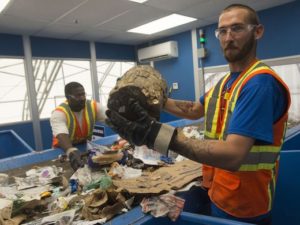
By Will Isern , [email protected]. Originally published in the Pensacola News Journal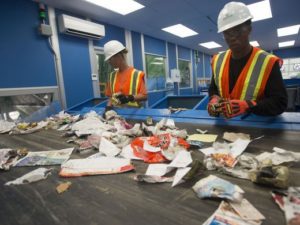
Reciclaje ECUA Necesita Tu Ayuda ~ ECUA recycling needs your help
Facebook Comments
